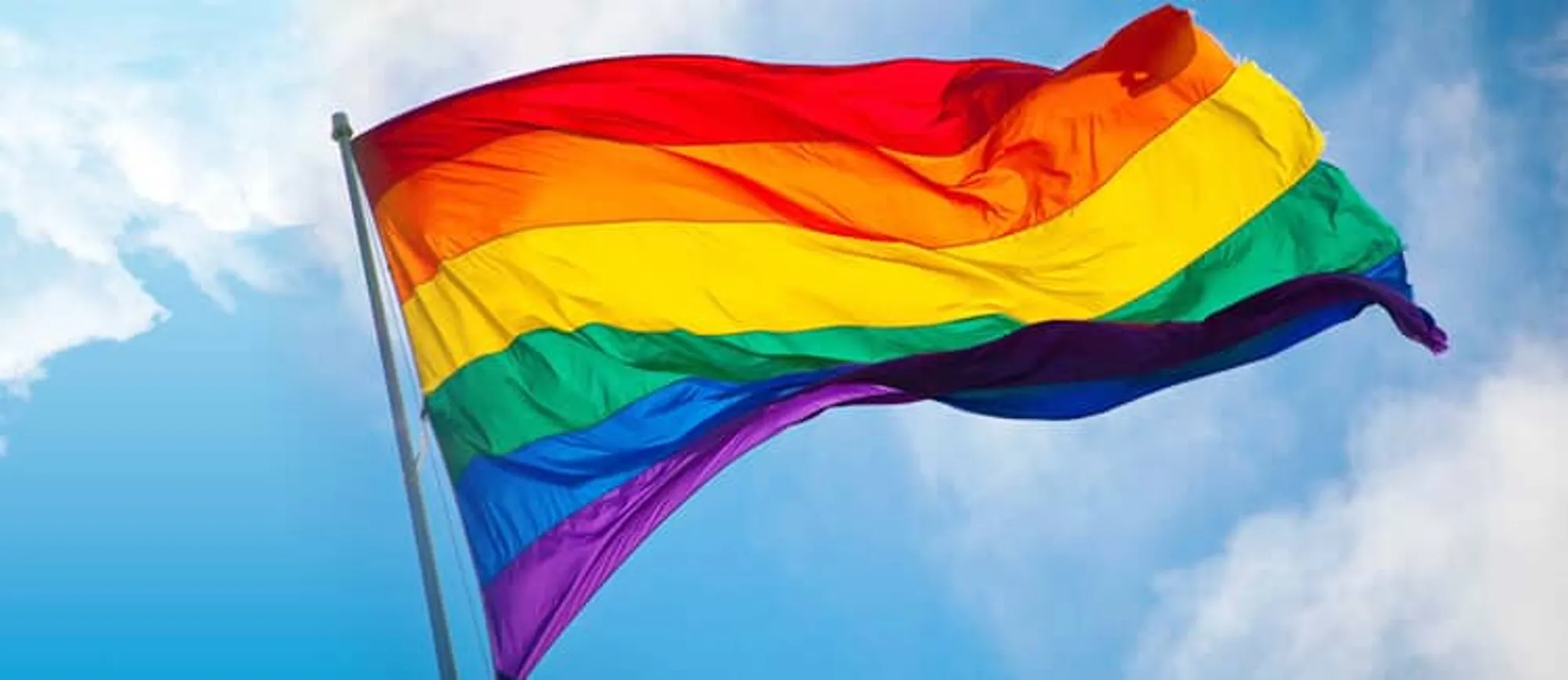The world is changing for sure – Law is a reflection of what happens in Society and what is needed too. Therefore it will always change when society is transforming. One of the most striking examples of this has been the abolishing of major aspects of Section 377 of India Penal Code, a Colonial period law, which criminalized homosexuality besides other unnatural acts of carnal intercourse.
Table of Contents
The change – Morality is not what the majority thinks
Post the landmark judgement on September 6, 2018, Lesbians, Gays, Bisexuals and Transgender (LGBT), are recognised as people with a distinct and separate identity, who deserve all rights guaranteed under the Constitution as available to any other citizen. They have a right to live with dignity which was to a certain extent barred by Section 377 which brought these under a microscopic criticism. They cannot be discriminated against for their sexual orientation. There is nothing unnatural about their attraction towards the same gender. Their right to privacy cannot be denied to them just because they are in the minority.
Also Read: Rights of Transgender in India
What was the Section 377 of IPC?
Section 377 of Indian Penal Code provides for punishment and fine, for sexual acts against the “order of nature.” As per the Section, unnatural acts like buggery, sodomy and bestiality are punishable. Consensual same-sex relation is also a criminal offence.
“Order of nature” is consensual sexual acts between man and woman only.
The constitutional validity of Section 377 and the Recent Verdict
The story started with the initiative of the NAZ Foundation, an NGO, in challenging the Constitutional validity of Section 377. It stated that the Section 377 so far as it criminalises consensual sexual acts between adults in private, violates the articles of Indian Constitution:
- Article 14 (equality)
- Article 19(1)(d) (freedom of speech, assembly, association and movement)
- Article 21 (right to life and personal liberty)
It was argued that the section had been misused against homosexuals. It is unreasonable and arbitrary to criminalise non-procreative sexual relations. The term “unnatural” act has no nexus with procreative or non-procreative sexual acts.
Earlier the Hon’ble Supreme Court of India had turned down the argument of NAZ foundation and upheld the Constitutional validity of Section 377 stating that it does not criminalise particular orientation or identity. It only identifies certain acts which constitute an offence under Section 377.
- In 2017, in Puttuswamy’s case, it was affirmed that the right to privacy is a fundamental right and it includes one’s sexual orientation. This decision opened the gates for the recent verdict.
- The recent verdict of SC, reflects the sentiments of many people in India who now consider homosexuality as natural. SC has read down Section 377 so that consensual sexual relation between homosexuals in private is not a crime.
The ruling has brought cheers to the LGBT community. They have long been deprived of their right to privacy and the right to equality. Progressive International Community has also hailed the verdict as it has provided what everyone expected out of world’s largest democracy.
Section 377 – partially struck down
Section 377 has not been struck down as a whole. Consensual sexual relations among adult homosexuals have been taken out of the purview of the term “against the order of nature”.
Other acts covered under the section remain an offence:
- Unnatural sex with animals
- Unnatural sex with children
- Sex among homosexuals without the consent of any of them
Read: Other Judgement
New Hope
The judgment has given a new hope to LGBT community that their other rights will also fall in place now. They will be respected and loved the way they are irrespective of their sexual orientation. They will be treated at par. No prejudices, no discrimination and no ostracism for being homosexual. More than just the legal victory or change that this decision symbolizes, it is the sentimental achievement that is worth mentioning. This surely will go down in the history of Indian Law as a milestone.

